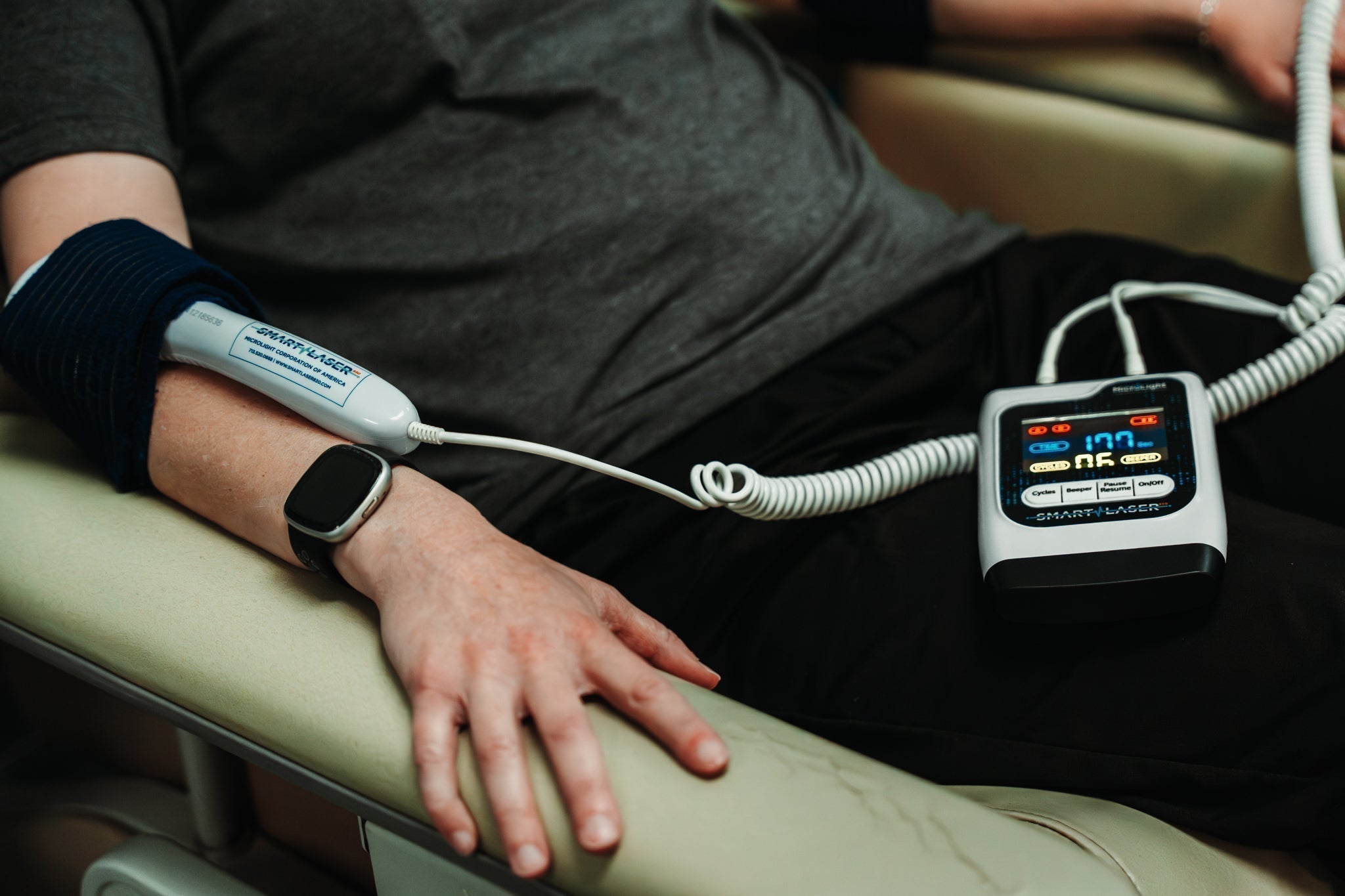Guest Blog by: Tom Teter, DC
Developer of FAKTR's Rehab to Fitness
When working with athletic populations one of the primary challenges in clinical practice is transitioning patients from passive to active care. At times we seem to aim our focus in the wrong direction, choosing to rely solely on the reduction of pain rather than instead the restoration of function as our metric for success. Even in our attempts to restore function, we often fall short by not considering the true nature of function for the athletes under our care. It is often our shortcoming in bridging the gap from rehabilitation into a structured fitness program that becomes a risk factor for reoccurrence of injury and lack of optimal performance.
Although everyone has slightly different variations of their goals when working with patients, there are some extremely consistent ideas that guide clinical practice.
In this guest post from FAKTR's Rehab to Fitness Instructor, Dr. Tom Teter, you'll learn the five foundational goals of patient care that should drive your clinical decision-making.






Share:
FAKTR with BioMechanical Taping in Olympia, WA
Pay Over Time Ticket Options for All Live Courses